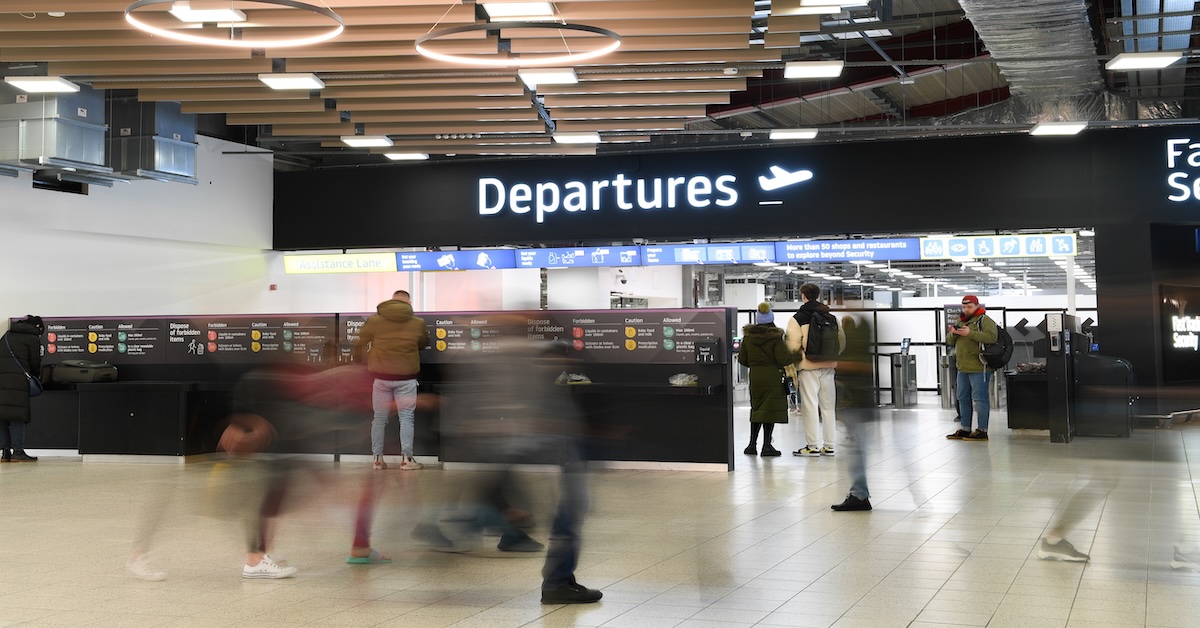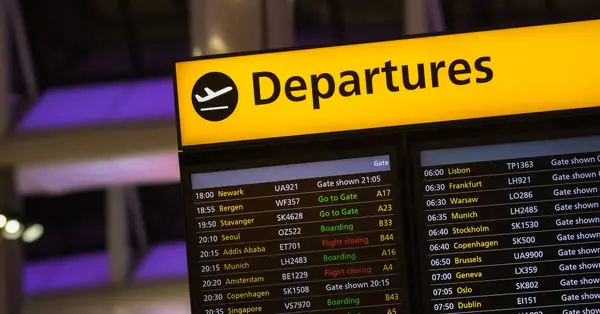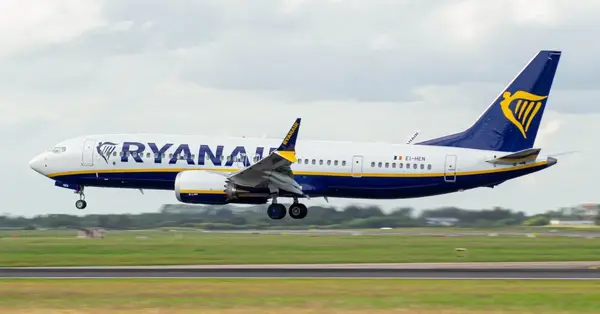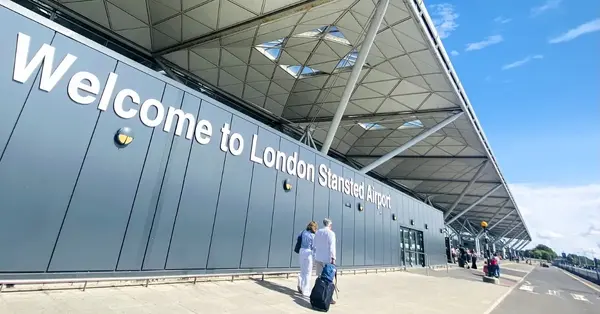You are viewing 1 of your 2 free articles
Etias scheme for Europe ‘unlikely to affect demand’
Agents say the much-delayed European Travel Information and Authorisation System (Etias) will add hurdles for British holidaymakers – but is unlikely to affect demand.
Its introduction has again been pushed back, with a further delay from November 2023 to an as-yet unspecified date in 2024.
Britons will have to apply online for an Etias at a cost of €7, with validity lasting for three years.
Luke Petherbridge, Abta’s public affairs director, said: “We don’t expect Etias to affect the demand to travel to Europe. It’s around €2.33 per year, so less than the cost of a pint when on holiday.”
More: Europe’s Etias delays caused by Entry/Exit System hold-ups
Europe delays introduction of Etias until 2024
He said visitor numbers to the US rose after the introduction of a similar system, Esta, in 2009.
“Members need to be aware that timings for the introduction do keep slipping, so they’re not yet able to advise their customers when an Etias will be required,” he said.
“While the changing timings do make it more difficult for companies to plan how and when they will communicate the change to customers, it does mean there is more time to implement the process.”
Julia Lo Bue-Said, chief executive of The Advantage Travel Partnership, said: “The announcement that Etias will be delayed until 2024 is one silver lining for Britons planning to travel to the EU this year.
“It is one less hurdle and cost to have to consider.
“The delay will also allow more time for all travel businesses and consumers to familiarise themselves with the new requirements.
“It is too early to say if Etias will have an effect on demand, but it will inevitably add a layer of complexity.”
Stephanie Slark, director of membership services at The Travel Network Group, expects any problems with Etias will be similar to the US’s Esta, such as customers not applying in time then being rejected, “leaving them rushing to get an appointment for a visa application and others just forgetting completely”.
“Travel agents are used to handling this so although it adds yet another step to the process, we are sure it will be taken in its stride,” she said.
“A small cost towards a visa will not stop customers from travelling.
“The UK government has been issuing biometric passports since 2010 so everyone should have a compatible one by now.
“The problems will be if there are insufficient scanning machines at the point of entry, or too few staff to cope with any issues where passports or other travel documents aren’t recognised.” She said TTNG is keeping members informed with webinars, fact sheets and regular updates.
Paul Waters, Premier Travel managing director, added: “We don’t feel it will impact bookings as it’s a reasonable cost and it isn’t a per?visit or annual cost.
“As a retail agent, we see this as an opportunity to add value and support. “Hopefully it will be a relatively instant process [to apply], otherwise it could impact late bookings.”
Ashley Quint, TravelTime World director, said: “Our client profile is generally older and can struggle when we have a new process like this.
“It’s best to alert early and update as you go along.”
He said an introduction date of spring 2024 could cause problems at the start of next year’s summer season.
Picture credit: TravnikovStudio/Shutterstock


















